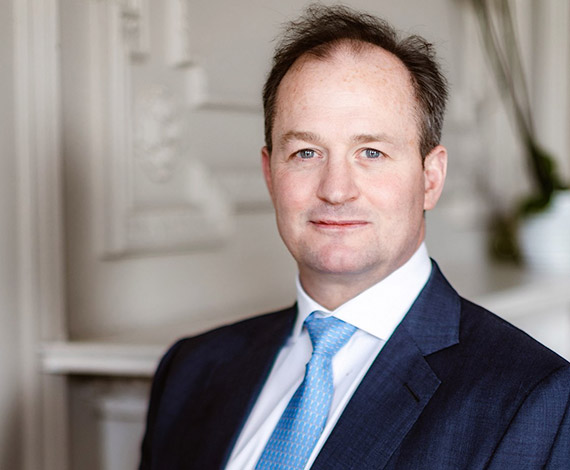
Liti Capital Announces New $5 Million Investment to Acquire New Assets
Liti Capital SA , the blockchain litigation finance company, announces an investment of $5 Million. This $5m will be used to purchase assets worth up to a potential $50m. Of the initial private raise of $12m, $10m was used to secure assets worth up to $100m of potential asset value. Once this new $5m is deployed in an asset purchase, the combined $150m potential value dwarfs the current market cap of $25m. Those assets are what back the LITI equity token. Litigation finance is the practice of purchasing a percentage of a lawsuit to help fund the effort and then helping to win the case in order to collect that same percentage of the award. The $5M investment will be used to purchase these litigation assets. As one of the highest ROIs of any asset class, the returns are not dependent on the state of the financial markets. This short video illustrates the value proposition. “Liti Capital is a company, not a cryptocurrency. Therefore, increasing our Market Cap is a good thing for our investors because it means we are putting new money to work to buy assets and create profits,” says CIO David Kay.“We were able to invest our first $10M and turn it into assets valued around $100M. We expect to use this new investment to produce similar results.” Liti Capital launched its LITI equity token on June 24th and it wrapped LITI token, the wLITI, on June 29th. LITI tokens are available on liticapital.com and wLITI on uniswap.org. Liti Capital tokenized its equity shares with the goal of providing retail investors with investment opportunities previously only available to the top 1% of investors. Tokens lower the barrier of entry for smaller investments and reduce costs and increase security for both investors and the company. Additionally, tokens provide liquidity to an asset class that has traditionally been firmly illiquid. Liti Capital's belief is“private equity for all.” Additional long-term goals include helping to protect the crypto community, prosecute scammers, and return the lost funds to the token holders with the hopes of preventing these activities in the future and ensuring a safe environment for investment and innovation. Liti Capital will spend between 5 and 10% of its investment capital investigating and funding litigation against these crypto con artists and scammers. Join the company's Telegram Channel, t.me/Liti_Capital_Official , for updates and live chats. About Liti Capital Liti Capital is a Swiss Limited Liability company specializing in Litigation Finance and FinTech based out of Switzerland. Liti Capital buys litigation assets to fund lawsuits and then helps the plaintiff win the case. By tokenizing shares, the company lowers the barrier of entry for retail investors, gives token holders a vote in the decision-making process, and distributes dividends to token holders upon the success of the plaintiff. Co-Founder Jonas Rey heads one of the most successful intelligence agencies in Switzerland, Athena Intelligence. His two co-founders, Andy Christen and Jaime Delgado bring innovation entrepreneur experience and blockchain expertise to round out the leadership team. David Kay, CIO, ran a billion-dollar private equity litigation finance firm before joining Liti Capital.







